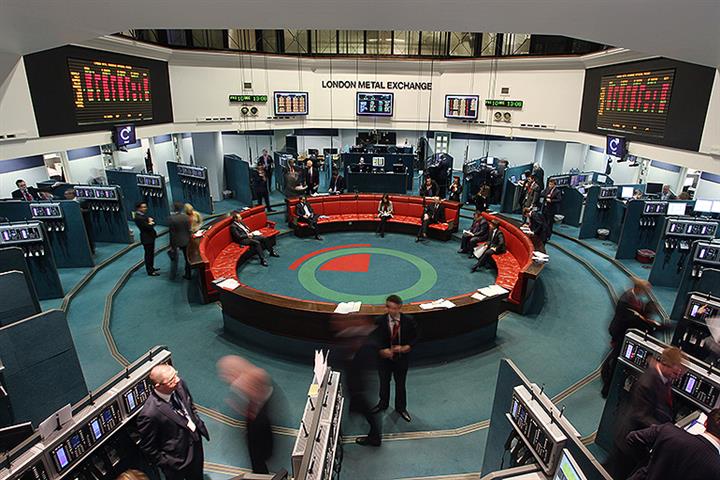 What Can Investors Learn From LME Nickel Incident
What Can Investors Learn From LME Nickel Incident(Yicai Global) March 23 -- The risk warnings from a recent epic rally of nickel futures on the London Metal Exchange, which has now subsided, will cause investors to think carefully about their choice of trading markets and strategies.
On the one hand, the robustness of the trading market is particularly important. The futures market is a battleground where longs and shorts fight. Even a small misstep is likely to be exploited and attacked by opponents with a commercial advantage, leading to significant losses.
On the battlefield, defense barriers can help soldiers hold their positions. Similarly, trading rules will only be more conducive to building a market with defensive function if they can limit its rise and fall. The 15 percent up and down limit the LME has set for each base metal prevents excessive speculation and market manipulation by some, providing a rational trading environment for all investors.
The LME nickel incident reminds us that trading platforms are more likely to be favored by market participants if they enhance their own risk control and market stabilization functions.
On the other hand, investors should themselves give the highest priority to risk control.
First of all, investors should closely track market changes, quickly judging, analyzing and making decisions on abnormal price moves. Only in this way can they slow down or even avoid hits from unexpected incidents to limit their losses on positions within a relatively small range.
Second, investors should make full use of the function of arbitrage positions across varieties, markets and periods to prevent sharp fluctuations in the gains and losses of unilateral positions. They can also add different investment tools to asset pools to build a more balanced portfolio and more effectively diversify non-systemic risks via asset allocation.
Last but not the least, avoid over-speculation. Investors need to distinguish between excessive speculation and normal speculative behavior. There are huge risks behind excessive speculation. Such risks may become a reality amid various uncertain situations, causing irreparable losses. Investors can only ensure a relatively healthy risk-return ratio by lowering the degree of speculation.
To sum up, the impact of the LME nickel incident is not over yet even though there is a lull in the storm, and market participants would do well to reflect and contemplate on it for a long time.
(The author is principal researcher of nonferrous and precious metals at Guotai Junan Futures.)
Editors: Dou Shicong, Peter Thomas